The Concept of ‘Truth’ in Historiographical Discourse from the Standpoint of the Socio-Communicative Approach: Categorial Meaning, Functions and Correlation with the Concept of ‘Verity’
DOI https://doi.org/10.17721/2522-1272.2020.77.2
UDC 007:165.023.1:930.2
The Concept of ‘Truth’ in Historiographical Discourse from the Standpoint
of the Socio-Communicative Approach:
Categorial Meaning, Functions and Correlation with the Concept of ‘Verity’
Svitlana Petrenko, PhD Student, Institute of Journalism, Taras Shevchenko National University of Kyiv
https://orcid.org/0000-0001-9596-5531
ABSTRACT
The relevance of the research is caused by the growing trends of post-truth and post-journalism in the global communication context and the need to investigate the problem of truth as a social communication category of journalism. The study considers the concept of ‘truth’ and its correlation with the concept of ‘verity’, which is necessary for the relevant categorization of truth in social communication contexts (SCC). The object of the research is truth as a category, the subject is the semantic and functional field of the concept ‘truth’ which forms the category
of truth and its social communication functions. The objective of the study is to identify the essential characteristics and functional properties of truth for its categorization and determination of the place and role in SCC and journalism. The source base consists of lexicographic sources and scientific researches. Methodologically, the research relies on the sociocommunicative approach, in the framework of which the method of historiographical analysis (with elements of semantic, conceptual and comparative analysis) was applied to explore the concepts of ‘truth’ and ‘verity’ in Ukrainian and Russian lexicographic sources and to compare them with relevant interpretations in English. Additionally, the method of synthesis was applied to identify the categorial characteristics and communicative functions of truth. The paper concludes that the concept of ‘truth’ primarily reveals natural ontological, axiological, and communicative characteristics that correlate with its metaphysical nature and has a broader variety of semantic and functional characteristics than the concept of ‘verity’. The evolutional transformation of the concepts ‘truth’ and ‘verity’ has been traced within ideological, historical, and social paradigms applaying the synchronic and diachronic analysis. The study emphasizes on the necessity to distinguish between Truth and different kinds of truths in social communication and journalism. It reveals that due to the loss of primary meanings and the priori functions, Truth has ceased to be an effective moral and value criterion as well as a choice criterion in social communication. The paper notes, however, that Truth continues maintaining its priori categorial meaning, which establishes its fundamental value as a basic category of social communication and a metacategory of journalism. Several hypothetical statements have also been made that require additional scientific researches; among them there is the assumption about the crucial role of spiritual communication in the self-discovery of Truth and its place in social communication.
KEYWORDS: truth; verity; category; concept; functions; social communication; journalism; spiritual communication.
77_2[download url=”http://www.scientific-notes.com/wp-content/uploads/2020/12/77_2.pdf” title=”Link to the article’s PDF-file”]
